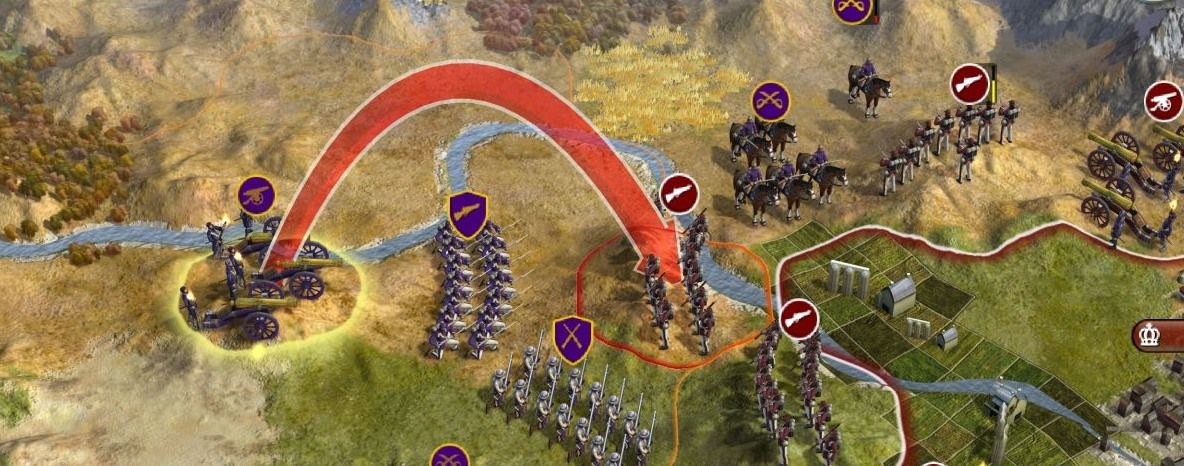


Each of the three groupings of civs-Europeans, North Africans, and Sub-Saharan Africans-have very different goals, and because the map is different each time, playing the same culture group twice doesn't diminish the scenario's great sense of discovery.

This latter option is a deep, extremely replayable map, featuring a randomly-generated, explorable interior for the continent and three different victory conditions. It's probably the most out-of-the-box civ in the franchise's history, and playing it is a whole new experience.įiraxis has also thrown in a group of new historical scenarios: the lackluster American Civil War, and the Scramble for Africa. Essentially a playable city-state that can never found or annex new cities, Venetians rely on the ability to build double the number of trade routes as anyone else, which becomes a licence to print money in the late game. Of the nine new civilizations added for this expansion, I was especially captivated by Venice. The new systems take Culture Victory from probably the most boring way to end the game to one of the most active and engaging. Tourism is generated by Great Works of Art, Writing, and Music, each created by a new or revised form of Great Person. Doing so with all remaining civs is the new means of achieving cultural victory. If your Tourism outpaces their Culture, you can eventually become Influential among their people. The other new mechanic is Tourism, a resource that opposes the culture value of other civs. Now coming into play in the late Renaissance/early Industrial era (when things used to bog down), the nations of the world and their city-state allies can vote on measures like banning nuclear weapons, building cooperative wonders, or embargoing a given civ-with truly devastating economic consequences, given the moneymaking potential of the new trade route system. The most noticeable chunk of these improvements comes in the form of the World Congress, an expansion of the United Nations that was (and still is) the path to diplomatic victory. Overhauls to the cultural and diplomatic victories have made achieving either of these a more hands-on, aggressive process that will keep you making meaningful decisions and planning ahead. Keep in mind that the religions founder may benefit more from you adopting it, though. That way, you get the benefits without the work. The simplest is to ignore it and let the religion come to you. Brave New World creates an endgame that is as varied, textured, and tense as the early and mid game already were. Answer (1 of 3): Depending on the beliefs you pick, there are a few good strategies. The new mechanics added in the previous expansion, Gods and Kings, grow less relevant, and you're either well on your way to your chosen victory condition, or pretty far from it. Civilization V was always the most fun just before the end of the Renaissance, with the experience sliding into a slog post industrialization.


 0 kommentar(er)
0 kommentar(er)
